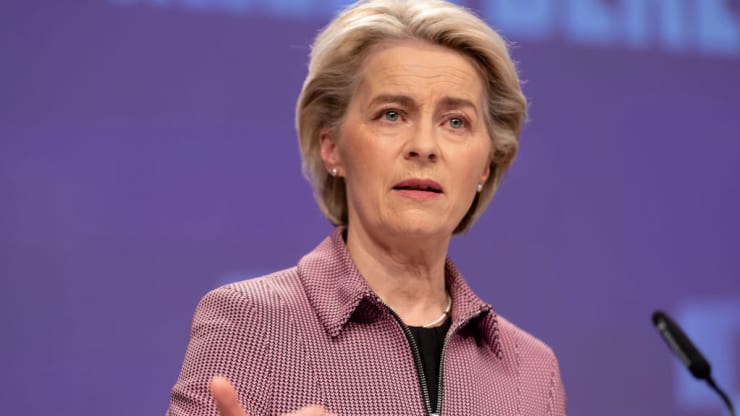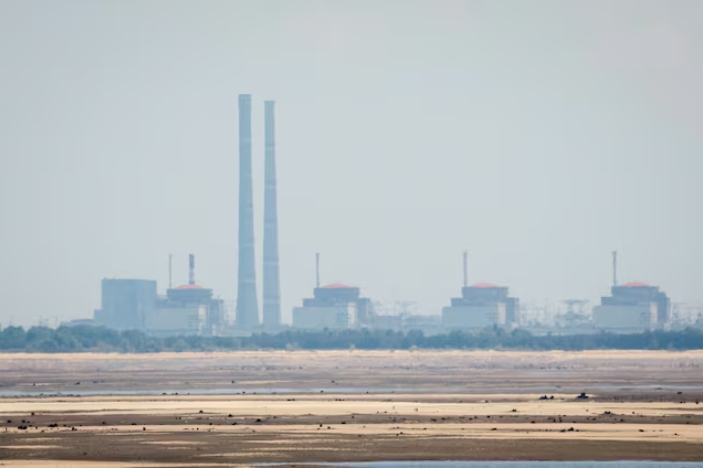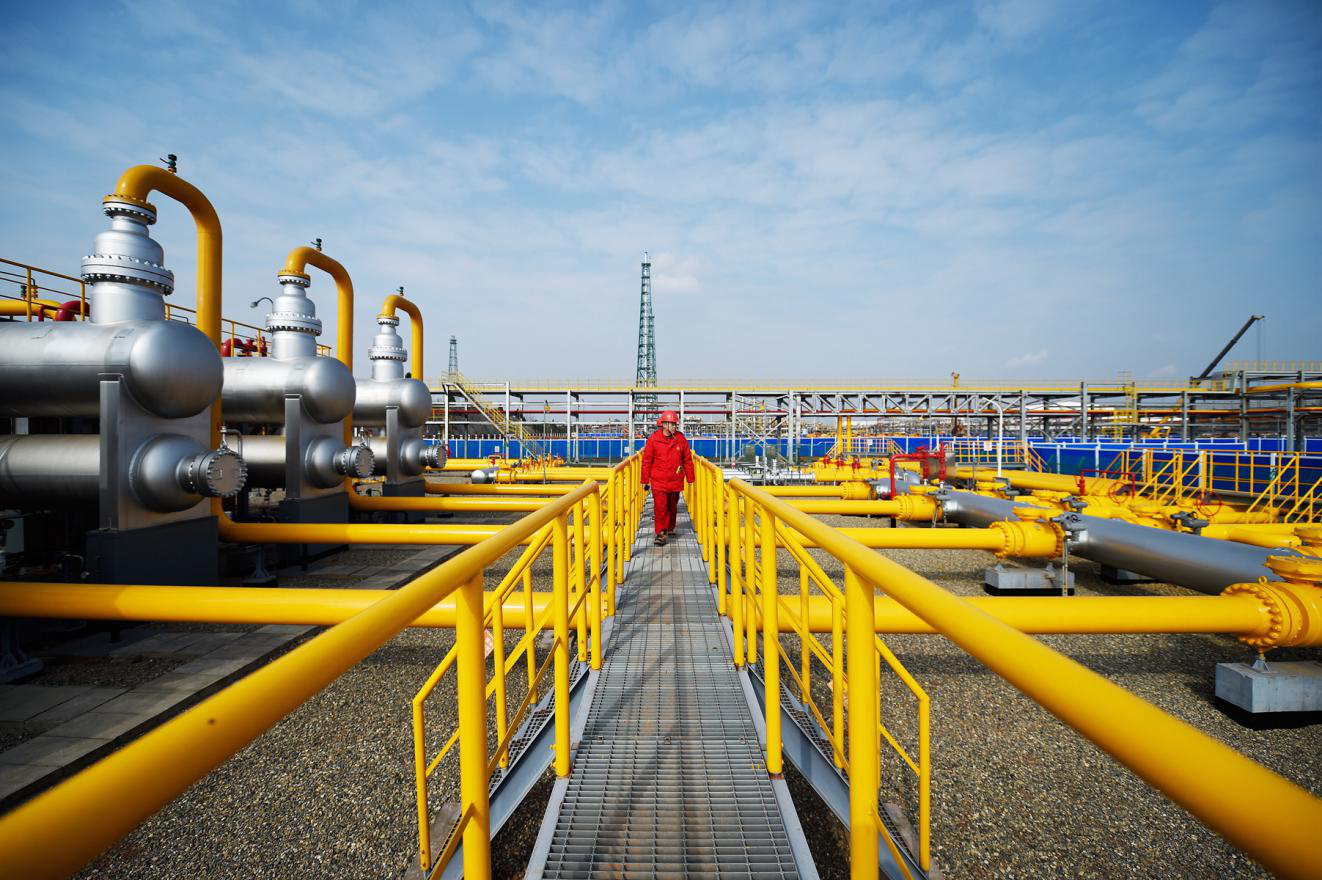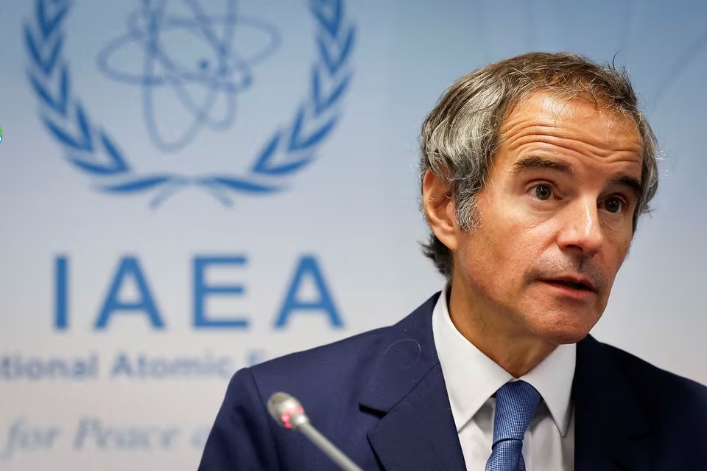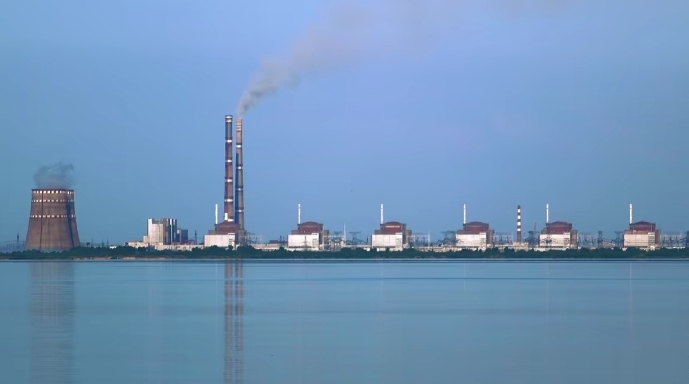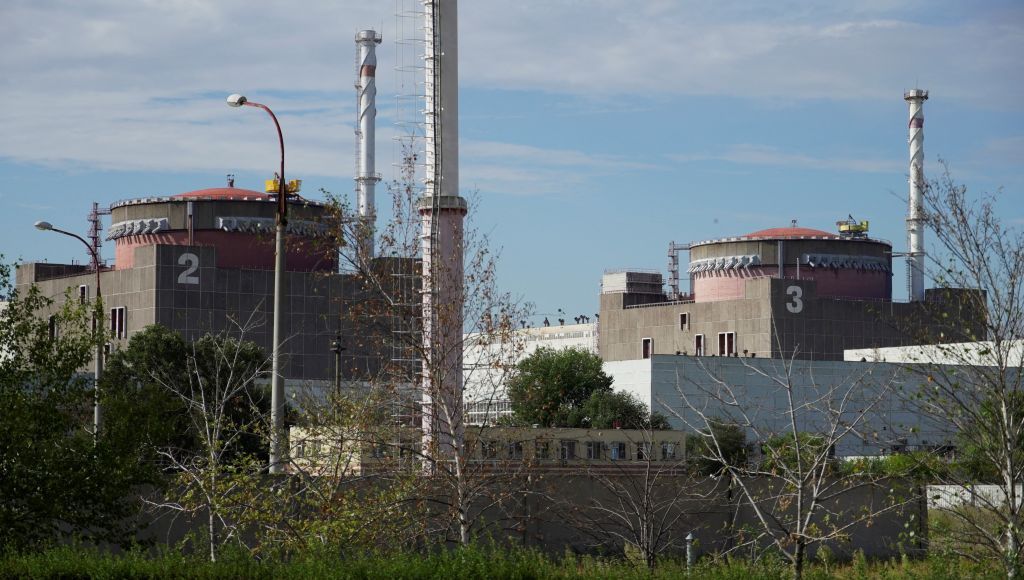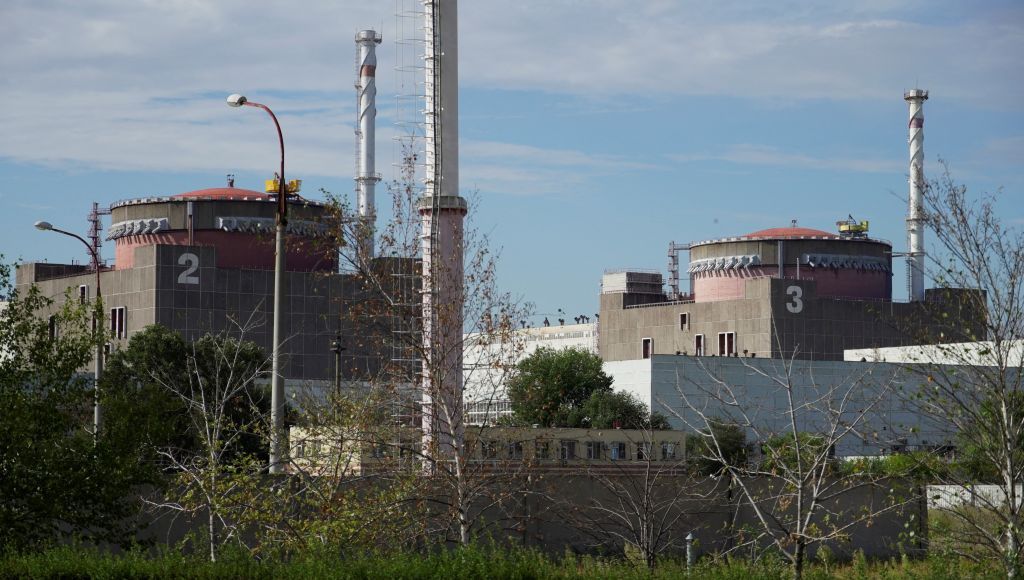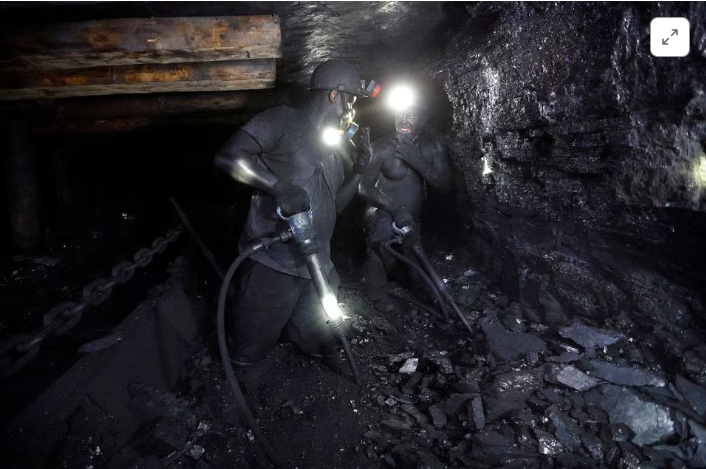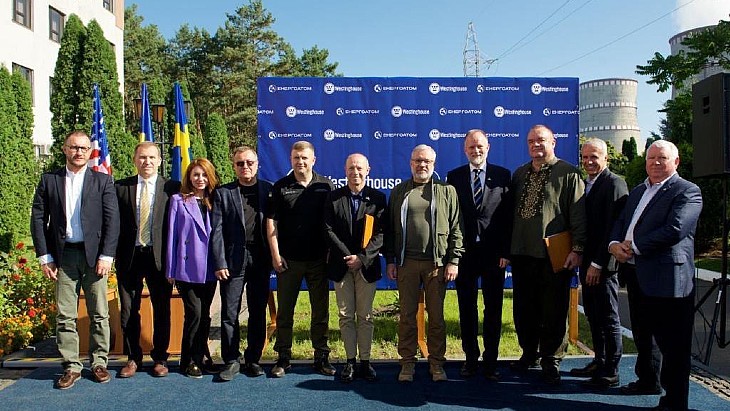EU Commission's President Ursula von der Leyen holds a press conference ahead the G20 and the COP26 (Glasgow Conference) in the Berlaymont, the EU Commission headquarter on October 28, 2021 in Brussels, Belgium.Thierry Monasse | Getty Images News | Getty Images
European Commission President Ursula von der Leyen has told CNBC that energy sanctions against Russia are still an option if the country invades Ukraine.
When asked about the possibility of imposing sanctions on Russian gas giant Gazprom, von der Leyen said Saturday, “everything is on the table.”
Europe imports around 40% of its gas supply from Gazprom, the EU chief told CNBC’s Hadley Gamble at the Munich Security Conference, which von der Leyen described as a “dependency that is not sustainable.”
She said she had been reaching out with success to alternative suppliers, such as the United States.
“We had now, in January, the highest amount of energy deliveries [from elsewhere], and we know by now that if there is a decoupling of Russian gas as a retaliation, we are able to make it through this winter without Russian gas but with supply from others and this is good,” von der Leyen said.
Italian Prime Minister Mario Draghi has argued that any potential sanctions against Russia should not include energy imports. Italy is among the largest importers of Russian gas in the European Union.
Von der Leyen maintained that it was important to not rule out any options, noting that two-thirds of Russia’s energy exports go to Europe and this accounts for a significant amount of Russia’s budget. She argued that it was, therefore, not a “smart move” for Russia to decouple Europe from its gas supply.
Von der Leyen added that she had reassured Draghi that Europe would source gas from elsewhere and that there was a pipeline network through the continent to “bring the necessary gas to Italy so that Italy is also on the safe side.”
NATO Secretary General Jens Stoltenberg agreed that the European Commission had been “working hard” to reduce its energy dependency on Russia.
“We need to be less dependent on energy from one source, from gas from Russia,” Stoltenberg told CNBC at the Munich Security Conference.
He added this was important, “partly to reduce emissions of greenhouse, of CO2, but also to be less vulnerable [to] any aggressive actions from Russia in using gas as a political tool.”
Discussing the threat of a potential Russian invasion of Ukraine, the EU’s von der Leyen said “we all want that diplomacy will have victory, but we prepare for the worst.”
President Joe Biden said on Friday that the U.S. believes Putin has decided to carry out an attack on Ukraine “in the coming days.”
